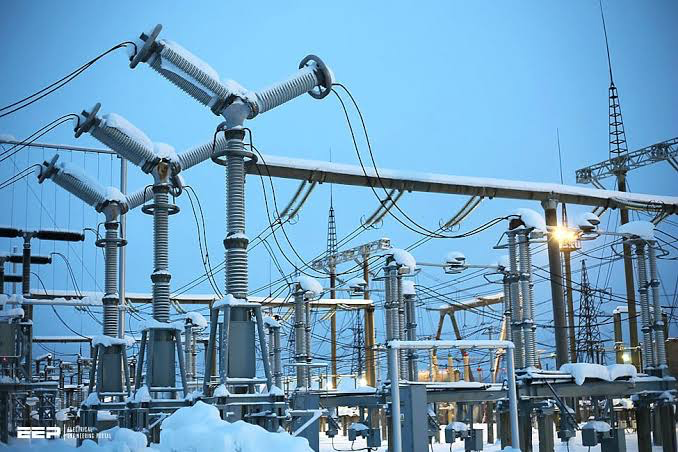403
In Nigeria, discussions are underway to mandate electricity distribution companies (Discos) to enter agreements with Band A customers amidst electricity tariff hikes. The move aims to enhance transparency and accountability in the electricity sector while providing consumers with clearer terms and conditions for their electricity services.
Band A customers, categorized as high-end consumers, are expected to benefit from this proposed regulation, which seeks to ensure that they receive reliable and uninterrupted power supply commensurate with the higher tariffs they pay. By requiring Discos to formalize agreements with these customers, regulators hope to address concerns regarding service quality and billing accuracy.
The proposed mandate comes in the wake of recent electricity tariff hikes aimed at improving revenue generation and investment in Nigeria’s power infrastructure. However, the increases have faced criticism from consumer advocacy groups and political stakeholders, who argue that they place an undue burden on ordinary Nigerians already grappling with economic challenges.
By mandating Discos to sign agreements with Band A customers, regulators seek to strike a balance between revenue generation and consumer protection. These agreements are expected to outline service level expectations, dispute resolution mechanisms, and other pertinent terms to ensure a fair and transparent relationship between Discos and their high-end consumers.
The move underscores ongoing efforts to reform Nigeria’s electricity sector and improve service delivery across the country. In recent years, the government has implemented various initiatives to address the longstanding challenges facing the sector, including inadequate generation capacity, transmission bottlenecks, and distribution inefficiencies.
While the proposed mandate represents a step forward in enhancing consumer rights and accountability in the electricity sector, its implementation may face challenges. Discos will need to navigate regulatory requirements, negotiate terms with Band A customers, and ensure compliance with the new regulations, which could require significant resources and operational adjustments.
Despite these challenges, stakeholders express optimism about the potential benefits of the proposed mandate, including improved service quality, enhanced consumer confidence, and a more sustainable electricity sector. As discussions continue, all parties involved are urged to collaborate constructively to achieve the shared goal of a more efficient and equitable electricity supply in Nigeria.
Source: Zawya
Band A customers, categorized as high-end consumers, are expected to benefit from this proposed regulation, which seeks to ensure that they receive reliable and uninterrupted power supply commensurate with the higher tariffs they pay. By requiring Discos to formalize agreements with these customers, regulators hope to address concerns regarding service quality and billing accuracy.
The proposed mandate comes in the wake of recent electricity tariff hikes aimed at improving revenue generation and investment in Nigeria’s power infrastructure. However, the increases have faced criticism from consumer advocacy groups and political stakeholders, who argue that they place an undue burden on ordinary Nigerians already grappling with economic challenges.
By mandating Discos to sign agreements with Band A customers, regulators seek to strike a balance between revenue generation and consumer protection. These agreements are expected to outline service level expectations, dispute resolution mechanisms, and other pertinent terms to ensure a fair and transparent relationship between Discos and their high-end consumers.
The move underscores ongoing efforts to reform Nigeria’s electricity sector and improve service delivery across the country. In recent years, the government has implemented various initiatives to address the longstanding challenges facing the sector, including inadequate generation capacity, transmission bottlenecks, and distribution inefficiencies.
While the proposed mandate represents a step forward in enhancing consumer rights and accountability in the electricity sector, its implementation may face challenges. Discos will need to navigate regulatory requirements, negotiate terms with Band A customers, and ensure compliance with the new regulations, which could require significant resources and operational adjustments.
Despite these challenges, stakeholders express optimism about the potential benefits of the proposed mandate, including improved service quality, enhanced consumer confidence, and a more sustainable electricity sector. As discussions continue, all parties involved are urged to collaborate constructively to achieve the shared goal of a more efficient and equitable electricity supply in Nigeria.
Source: Zawya



